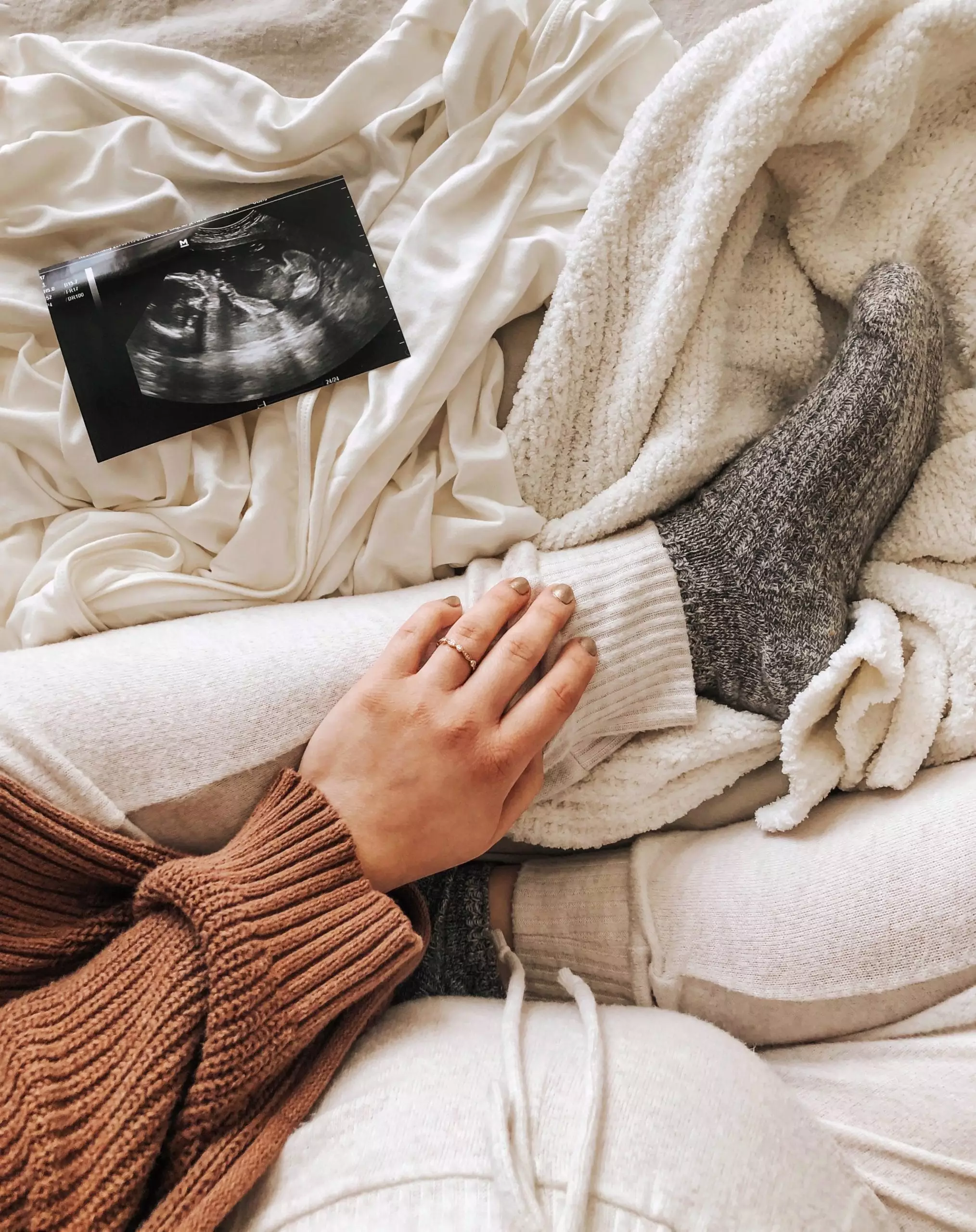The journey toward parenthood is often filled with anticipation, joy, and, occasionally, heartbreak. For many, the path to conception is not a straightforward one, as it can be laced with trials that test resilience and emotional strength. For instance, consider the story of a woman approaching her 42nd birthday, who found herself in the poignant position of not having her period—a sign that she might finally be pregnant after long years of trying and failed attempts. Only a couple of weeks earlier, she had taken the brave step to purchase a pregnancy test, a decision laden with both hope and trepidation. The positive result sparked excitement but was quickly tempered by the shadow of past loss, leading to a tumultuous emotional journey.
Pregnancy after losing a child introduces a complex web of emotions that can feel overwhelming. Every flutter of movement in the womb can prompt unexpected pangs of grief for what once was and what might have been. In this woman’s case, finding herself pregnant again right before her 43rd birthday compounded her feelings of happiness with a constant undercurrent of sorrow for the child she had lost. The months of pregnancy took on a unique significance—not merely as a time of growth and expectation, but as a reminder of loss. The challenges she faced – reconciling her excitement for the future with her mourning for the past, resonated deeply.
The emotional rollercoaster of pregnancy following loss is one that can leave even the strongest person feeling unmoored. It’s common during this time to oscillate between feelings of joy and despair. One day could be marked by euphoria at approaching a significant milestone in the pregnancy, while the next might be spent grappling with tears over memories of a lost child. Each moment can hold the weight of both joy and sorrow, pushing individuals to navigate their feelings with sensitivity and care.
Social media and the internet can create unrealistic expectations regarding fertility, often promoting the notion that conceiving again will be seamless or immediate following a loss. In the case of the woman in this story, her experience showcased the unpredictability of the journey. After enduring the heart-wrenching experience of miscarriage, she held onto fleeting hopes of prompt conception—which did not materialize. The realization that such expectations were ill-founded deepened her frustration and fear.
Building a Support System
Amid this emotional turmoil, the importance of a support network cannot be overstated. The woman’s decision to share her experience with friends opened channels for open dialogue, revealing that many of those around her had faced similar losses. This communal sharing transformed the narrative of her experience; it normalized the journey and created an understanding environment in which fears could be discussed openly. Moreover, she learned that her partner, too, was wrestling with his own grief—a poignant realization that underscored the necessity of supporting one another throughout the process.
The path may be laden with tears, but supporting one another can create a sense of shared hope. This emotional partnership fosters intimacy, helping each individual articulate their fears and enabling both partners to navigate the intricate landscape of emotions together. It doesn’t merely enhance the relationship; it also knits together the fabric of the family that is yet to come.
As the pregnancy progresses, it is essential to balance the apprehensions with the budding joy of new life. Embracing healthy coping mechanisms—whether through therapy, yoga, or meditation—can guide pregnant individuals experiencing loss toward emotional equilibrium. Understanding that mixed feelings of guilt and joy are normal can help ease some of the burden. After all, it is possible to celebrate a new life and honor the memory of a lost one concurrently.
Ultimately, every winding road toward pregnancy comes with its set of burdens and blessings. The ability to look forward with hope while honoring the past is key to healing. The responsibility to nurture fresh beginnings while acknowledging past sorrows can be a source of empowerment—transforming grief into an opportunity for growth, resilience, and deep-seated compassion. By navigating this intricate web of emotions and experiences, the paths of loss and love can intertwine, creating a rich tapestry of support, healing, and eventual joy. The complexity of this journey is, indeed, a testament to the strength of the human spirit and the profound nature of love itself.

